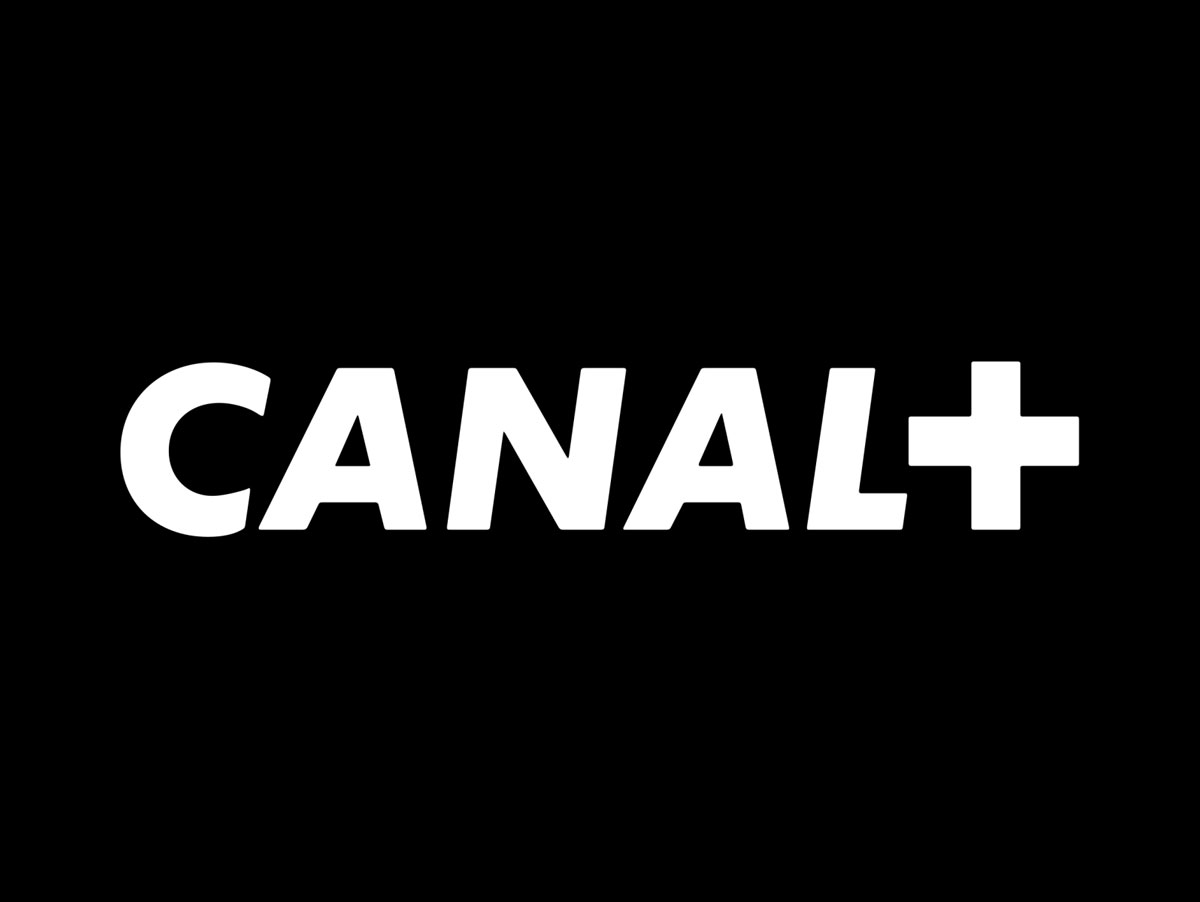Canal+ takes control at South Africa's MultiChoice
Acquisition of South African operator considerably bolsters French company’s reach
France’s Canal+ has taken “effective control” of Africa’s largest pay TV outfit, MultiChoice, with chief exec Maxime Saada unveiling his senior team.
The deal, which formally wraps on 7 October, was greenlit by competition regulators earlier in the summer and will see Canal+ acquiring shares for 125 Rand (£5.40) at a total cost of 35bn Rand (£1.47bn).
Canal+, which had already held a 46% stake in the company, will have more than 40 million subscribers located in almost 70 countries across Europe, Africa and Asia once the deal closes. MultiChoice had 22 million subscribers in Q3 2023.
The future of streamer Showmax is not immediately clear, with NBCUniversal parent Comcast acquiring a 30% stake last year. Canal+ said a decision would be made in the next few months.
Saada is now chairman of the MultiChoice board, but chief exec Calvo Mawela is exiting, although he is now chair of Canal+ Africa.
David Mignot, previously chief exec of Canal+ International in Africa, has been named chief exec of MultiChoice and Canal+ Africa with oversight of more than 100 channels.
Canal+ had been in pursuit of MultiChoice for more than a year, with its takeover bid securing approval from the country’s Competition Tribunal this summer.
The sale considerably expands Canal+ reach, with the company gaining exposure in 16 Multichoice countries that it previously did not operate in. They have worked together on shows before, however, including regional hit Shaka iLembe.
The takeover is subject to a series of conditions, including committing to spend on local entertainment and sports programming in South Africa and supporting producers in the country. It had previously been described by chief exec Maxime Saada as the “most transformative acquisition in [Canal+] history”.
Canal+, which split from parent Vivendi last year and subsequently listed in London, has interests in streamers around the world, including Viu in Asia, in which it holds a 37.2% stake, with the option of taking that up to 51% by the end of 2026.
The group also owns a 29.3% stake in Nordic-focused Viaplay, making it the streamer’s largest investor.
Olivier Bibas, head of original drama at Canal+, told Broadcast International earlier this summer that the company’s expanding international footprint will allow it to greenlight more bigger budget shows in the vein of Paris Has Fallen, as it looks to compete with US-based streamers.


